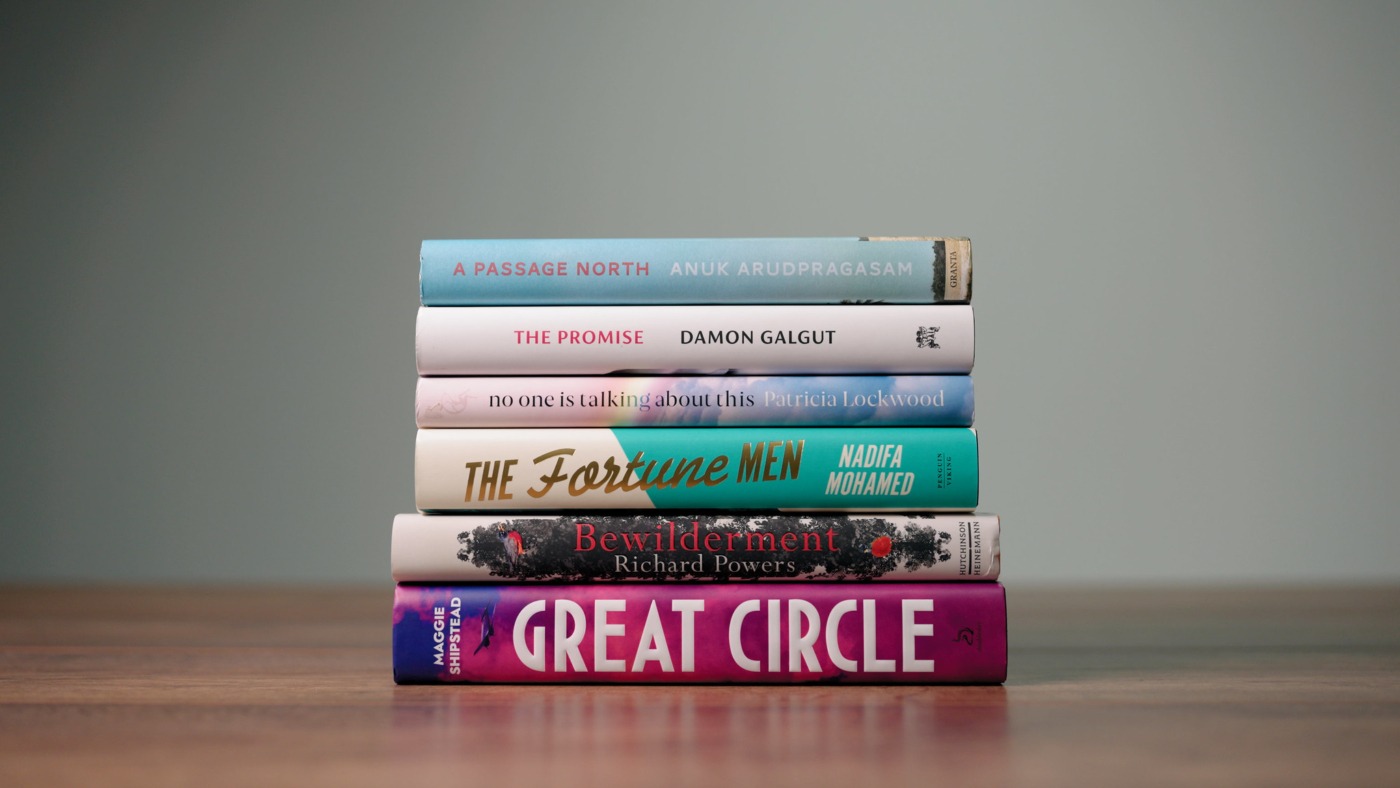2021 Booker Prize shortlist feature in Coventry ahead of winner announcement
As Coventry’s year as the U.K. City of Culture approaches a conclusion, there are still a series of intriguing events intended to bring together creatives of different backgrounds and international attention to the city. Last week, the giant puppet “Little Amal“, an aesthetically polarising colossus intended to symbolise the plight of refugees, arrived in the city on its highly publicised trip to Manchester.
Just two days later, Coventry University hosted an event with an equally global flavour, designed to excite any book lover – a meeting of five of the six finalists for the 2021 Booker Prize.
Now more than 50 years old, and with a list of previous winners that likely includes an author anyone reading this article has appreciated, the prize is a sales boon to any author skilled enough to win it.
It is among the highlights of the English-language literary awards season, which also includes the National Book Awards in the USA, along with end-of-year honours from various newspapers and booksellers (the University has awarded the Warwick Prize for Writing and established the Warwick Prize for Women in Translation in 2017).
The shortlisted books seek to capture a variety of experiences and lives, ranging from a family funeral and civil conflict in Siri Lanka, to the challenges of a neurodivergent boy struggling to handle the impending climate collapse
Of this year’s finalists, Anuk Arudpragasam (A Passage North), Damon Galgut (The Promise), Patricia Lockwood (No One is Talking About This), Nadifa Mohamed (The Fortune Men), and Maggie Shipstead (Great Circle), appeared onstage.
Richard Powers, author of Bewilderment, a previous winner of the Pulitzer Prize for fiction, couldn’t attend in-person, so the host, PEN Pinter award-winning poet Lemn Sissay, presented a prerecorded video of the author with questions and a reading.
In total, the authors represent four countries, with three of them- Shipstead, Powers, and Lockwood- from the USA; the country’s outsize representation has fuelled debate in recent years.
The shortlisted books seek to capture a variety of experiences and lives, ranging from a family funeral and civil conflict in Siri Lanka, to the challenges of a neurodivergent boy struggling to handle the impending climate collapse.
Lockwood said that she sought to replicate the feeling of the digital environment – a scrolling, falling sensation – and at once seek to transcend the contents of particular websites, which regularly are updated and erased, while also seeking to memorialise them
All of them, however, appear to touch on problems of temporality and memory, issues which have bedevilled writers globally since before the advent of the novel itself, and arguably pose greater questions than ever in a world that has become increasingly ephemeral and digitised.
Each shortlisted author read aloud key passages from their books, followed by questions from Sissay, as well as the audience.
Asked how she handled the problem of representing social media and internet use in a novel, an increasingly knotty problem for writers, Lockwood said that she sought to replicate the feeling of the digital environment – a scrolling, falling sensation – and at once seek to transcend the contents of particular websites, which regularly are updated and erased, while also seeking to memorialise them.
Notably, she chose to read passages from her novel via mobile phone, as the other five authors relied on the traditional ink-and-paper book.
The audience numbered between 50 and 100 people. Stacks of signed books were available at the event to purchase, but there were no book signings on site.
Jackie Crisp, a Coventry resident attending the group with several friends, all part of a self-organised book club reading the classics, said it was rare to see this sort of high-profile literary event outside London or Edinburgh.
It’s “a one-off opportunity”, she added.
Although all six finalists are probably as eager as any writer would be to clinch the title, even making the shortlist can have its downsides. Arudpragasam reflected on how, as someone now internationally recognised, “there is a sense that I will be read”, removing to an extent the solitariness he has experienced as a writer.
The ultimate winner of the prize is to be announced on Wednesday 3 November at 7:15pm.

Comments